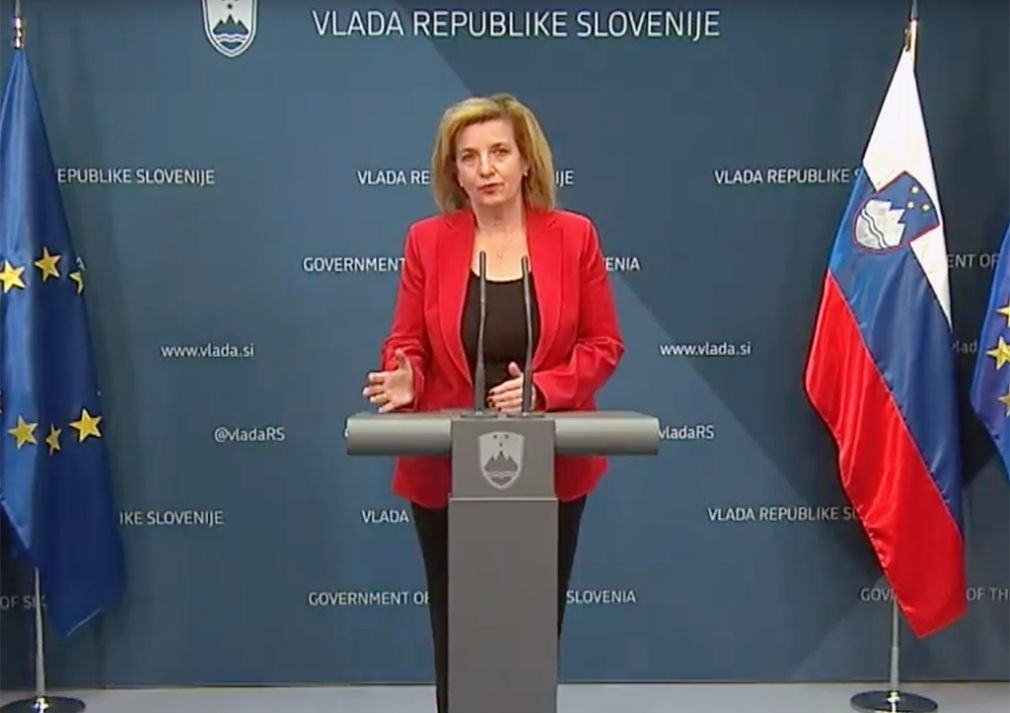Bojana Beović, an infections disease specialist, has told the weekly Mladina that Slovenia was yet to exit the acute phase of the coronavirus epidemic. However, the Italian scenario is very unlikely to unfold as hospitals have admitted much fewer Covid-19 patients than had been projected.
Beović, who heads the Health Ministry’s medical task force for coronavirus, said that the effectiveness of the latest preventive measures would be clear after this weekend, and “only after that can we talk about an exit strategy.”
Slovenia has “caught the last train in preventing an exponential growth of infections” and the number of severely ill patients in Slovenia will apparently not exceed the capacity of the country’s healthcare system.
Beović also said at a press conference today that, considering that the daily number of new infections was dropping, the epidemic had probably reached its peak, but that more would be known after the Easter holidays.
She called on people to refrain from contacts for another week or two, noting that the epidemic wave ended only when an infected person passes the infection to under one person on average.
Beović proposed in the Mladina interview that, in the next phase, the younger population should be allowed to get infected under controlled conditions to gain herd immunity. But she stressed that it would be hard to contain the spread of the virus between generations.
“The risk of doing something like this is too high at the moment. It is true, though, that in the long run, while a vaccine is not yet available, such tactics should be chosen.”
Beović was also asked about this at the press conference, saying that if a vaccine or effective medication was not available soon, this was the only option, which would actually be implemented once kindergartens and schools reopen.
Slovenia plans to shortly start examining the presence of antibodies which show that a person has recovered from the infection. But the epidemic needs to last longer for such research to produce quality results, and it would be good to also have a quality test for antibodies, Beović told Mladina.
As for the criticism in the public about the perceived excessiveness of the measures and pessimism of the government, she said that “it is better to stay on the side of caution” and that the trend should first turn downwards before one could speak about optimism.
Beović noted that there were no official guidelines for the treatment of Covid-19 because of the lack of reliable data, while there were some reports about successful application of blood plasma of persons who had developed antibodies.
She personally expects the most from the antiviral drug remdesivir. “If this does not prove to be effective, we can say that we will remain in the dark.”
The epidemic has exposed care in nursing homes as the biggest shortcoming in the healthcare system, as these are equipped more like hotels, while what their residents need is something like a nursing hospital.
She also stressed that it was important to restart the healthcare system, “otherwise it will not be possible to eliminate all the backlog in examinations and surgeries in the foreseeable future.”

